Channels
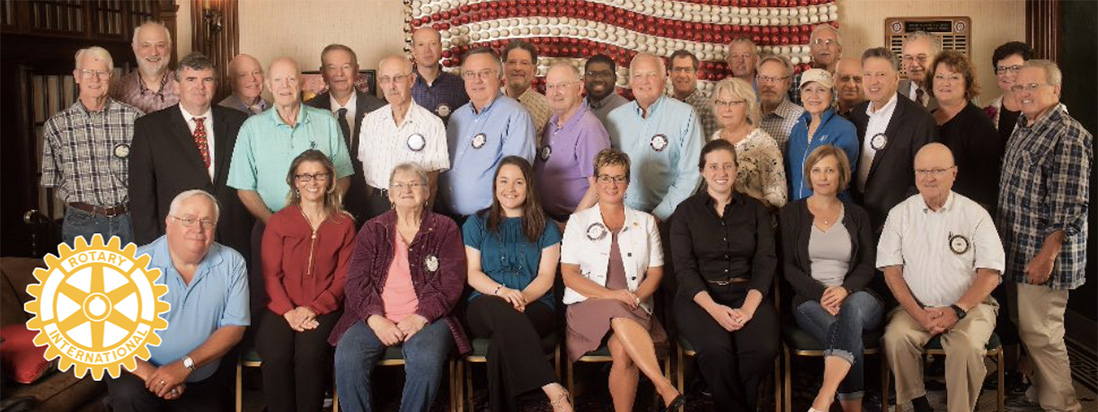
Rotary
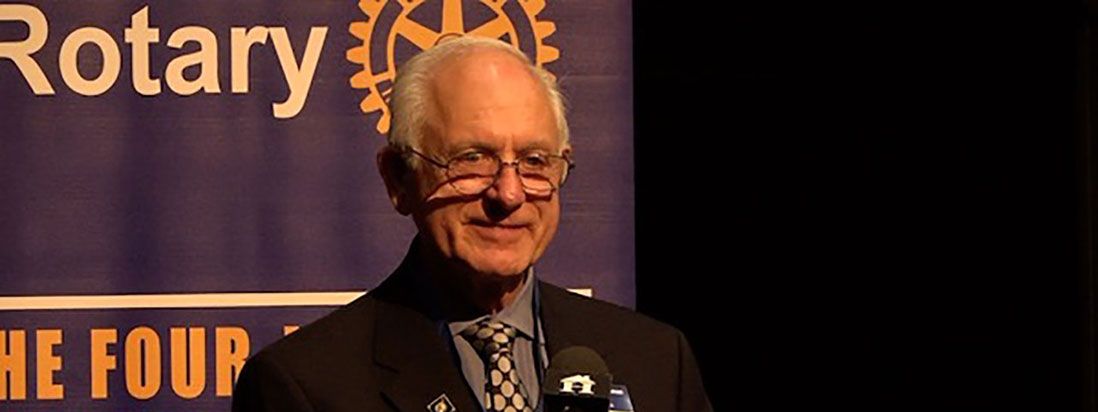
Rotary Conference

Laurel Health Centers

Penn Oak Realty
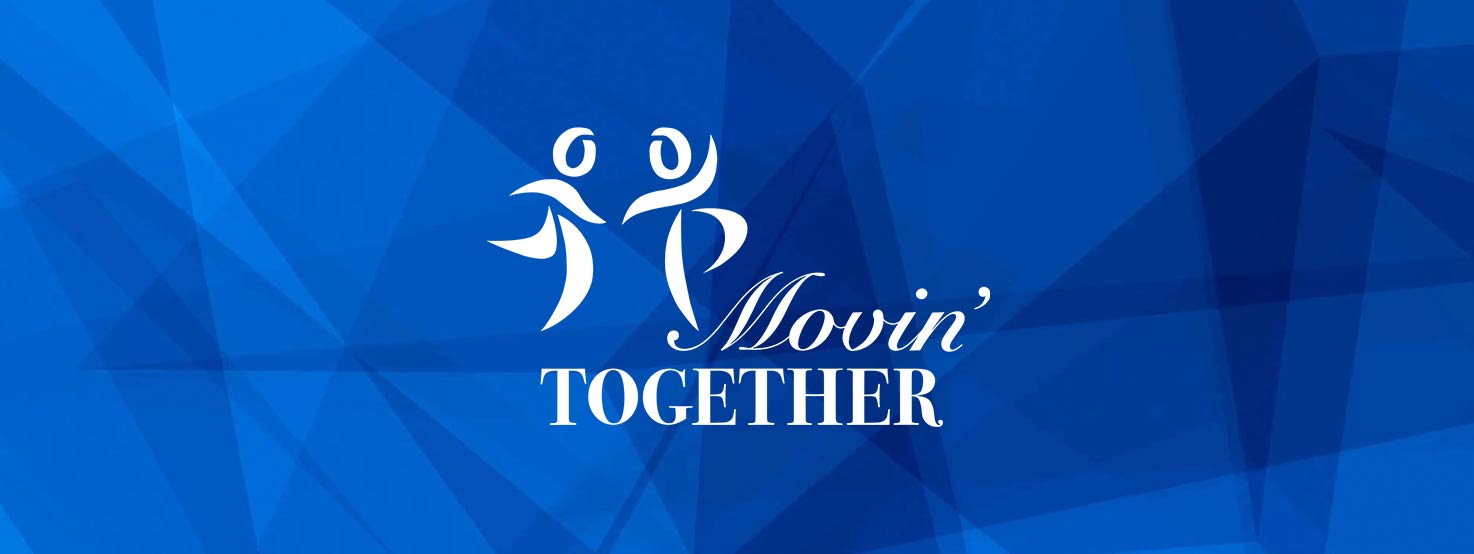
Movin Together

Bank On It

Dunhams Corner
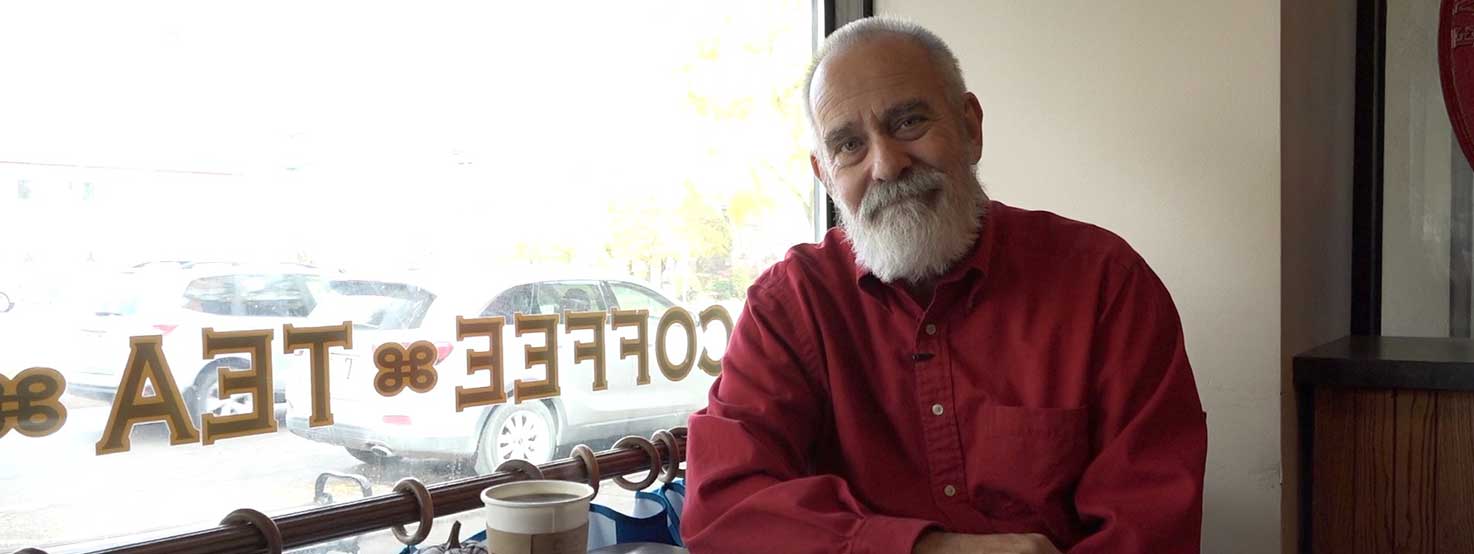
By The Door
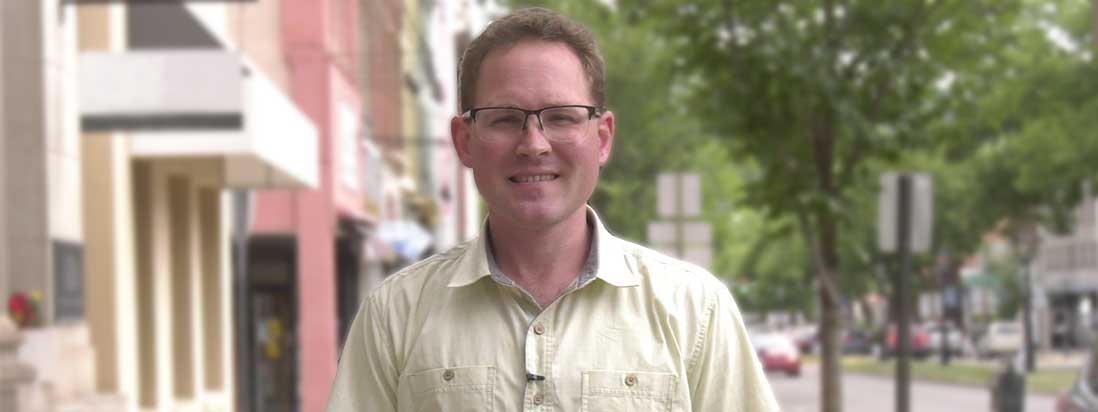
Questioning Life

Karschners Insurance

Ag Happenings

Back to Basics

Hornet Happenings

Live From The Hive
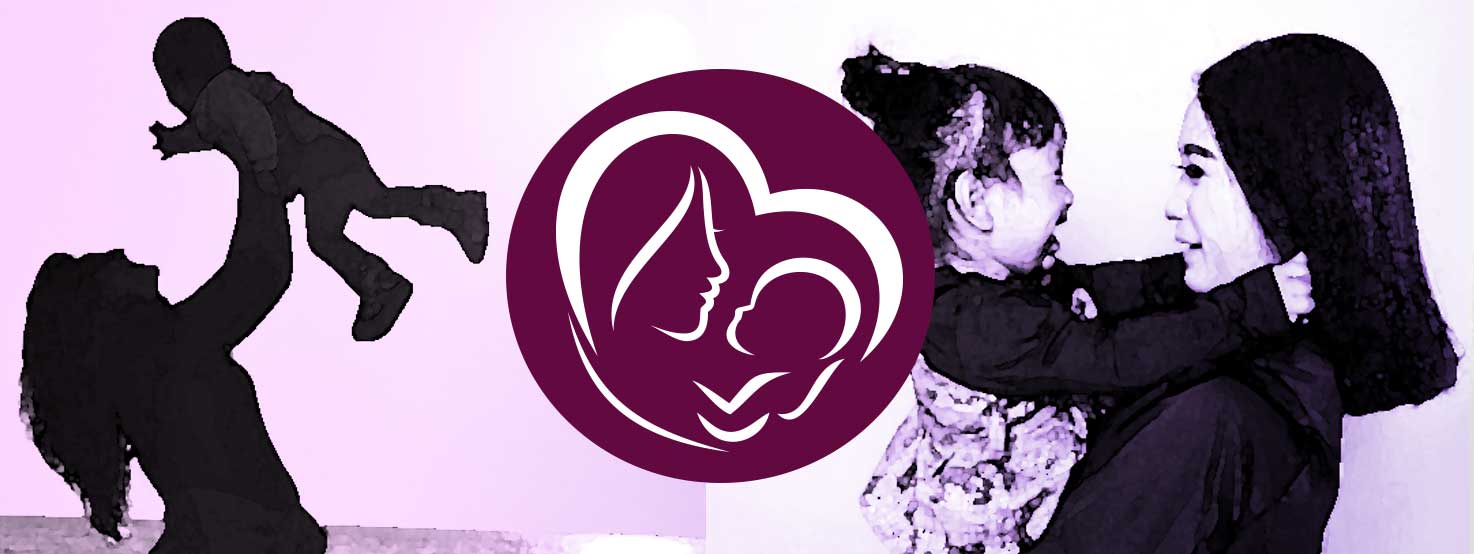
Momday Monday

Pennsylvania Politics

The Briefing

Weekly Highlights

Wellsboro Chamber
Finding New Hope: The Importance of Social Connections
During last month’s broadcast we learned about how important social connections are to our mental and physical health. This month we are going to dig deeper into the concept of social connections.
In a society, where most people are over committed and overly busy, we often become overwhelmed and unable to manage time and connections. It can be very difficult to have enough time, energy, or opportunity to take care of all the people in our lives. During this time we will work to understand a way to prioritize relationships in our lives. Because research supports that social connectedness improves mental and physical health, as well as increases life expectancy, it is important to know how to approach this area of our lives. Today we are going to learn to assess what relationships you are currently investing your time in, define where the relationships fit in your life, and develop a plan for deciding how to best invest your time.
One way of visualizing this process is to picture a target. In the target there are rings, and you are in the middle on the bulls-eye mark. Each ring represents a layer of social connection.
The center ring that is the bulls-eye mark area. This is where the friends that are the closest, most intimate ones in your life are placed. It is important to take time to list the people that are currently in this center ring. These are your core people or your “inner circle”. They should be the people that you invest the most time in. The number of people in this ring are small due to the high level of time, trust, and connection.
The next ring is a ring where the people that are friends but are ones that you do not spend as much time with. These are people who you enjoy and have common interests with but they do not know you as intimately. Take time to list the names of the people that you see in this ring.
The third ring is acquaintances. These are individuals that you may know from brief interactions or historical interactions. This group are people that you could identify as friendly but really do not know any personal details about you and your life. Creating this list is not truly possible due to the numbers it may include. However, recognizing people that fit in the ring is an important step to managing your social connections.
The final ring is often a difficult ring to manage. This is the ring that includes individuals with which boundaries are very important to maintain. This is a group that you may have identified as toxic to you. This group is one where, despite all efforts, they are negative and harmful to you.
Investing time in people around us, as well as being connected to groups are very valuable connections and are a key piece to our mental and physical wellbeing. New relationships come into our lives regularly and it is our job to decide what layer of the target they belong. Each relationship requires different levels of investment, nurturing, and inspiring of another.
It is also important to realize that through life experiences people may shift for one ring to another. This is completely normal and often happens due to a life transition, such as a job change. Friendship may be for a season and the process may be fluid with relationships moving in and out of the layers of the target.
Today we have defined a way to assess the friendships in your life. We have worked to determine where these relationships are in our lives. And now, once your target is completed you will be able to identify the most important relationships to foster. This also allows us to see which relationships we should continue to maintain boundaries. Keeping the boundaries and focusing on cultivating those closest relationships are both important to our mental and physical health. When faced with limited time, this framework allows you to prioritize where to focus your time and energy within your relationship. This allows us to be intentional when working to protect and nurture those most important connections in your life.
Credits:
Videography: Ethan Chabala
Video Editing: Ethan Chabala
Writing: Teresa Allen
Produced by Vogt Media






































